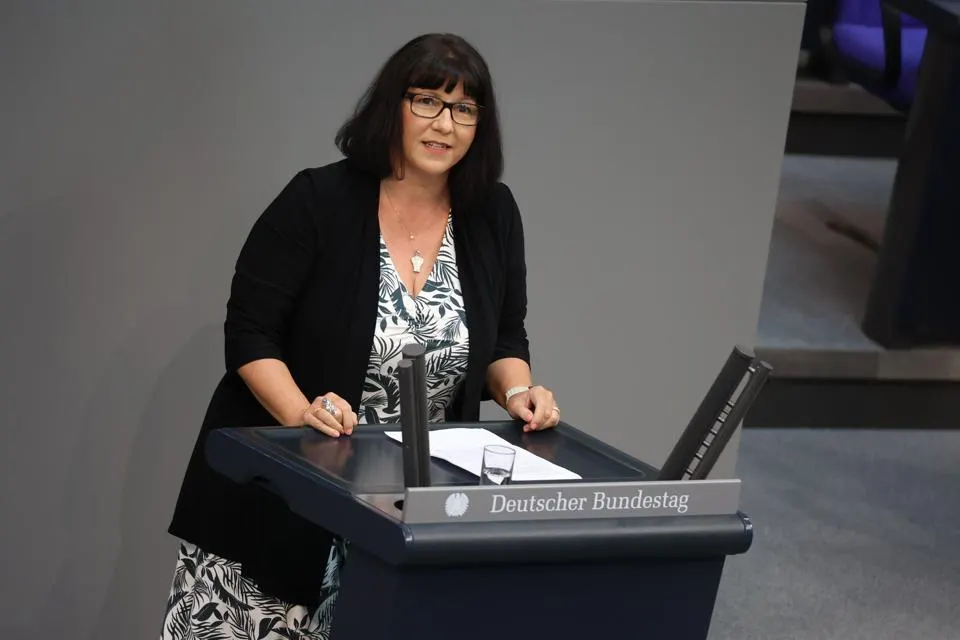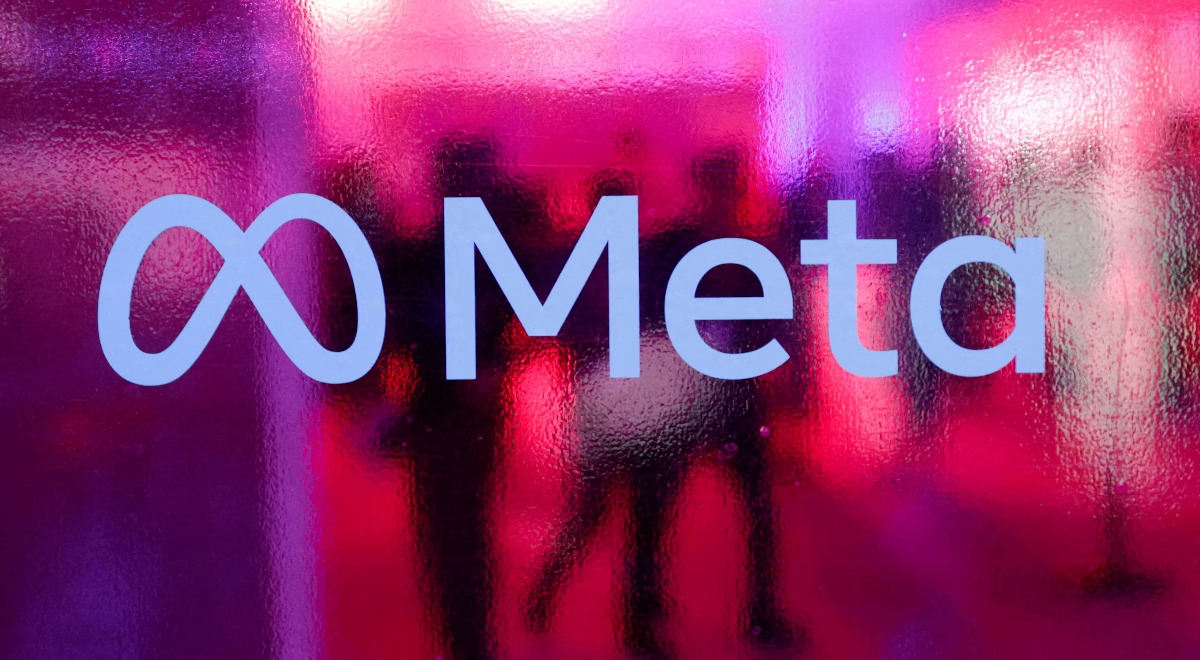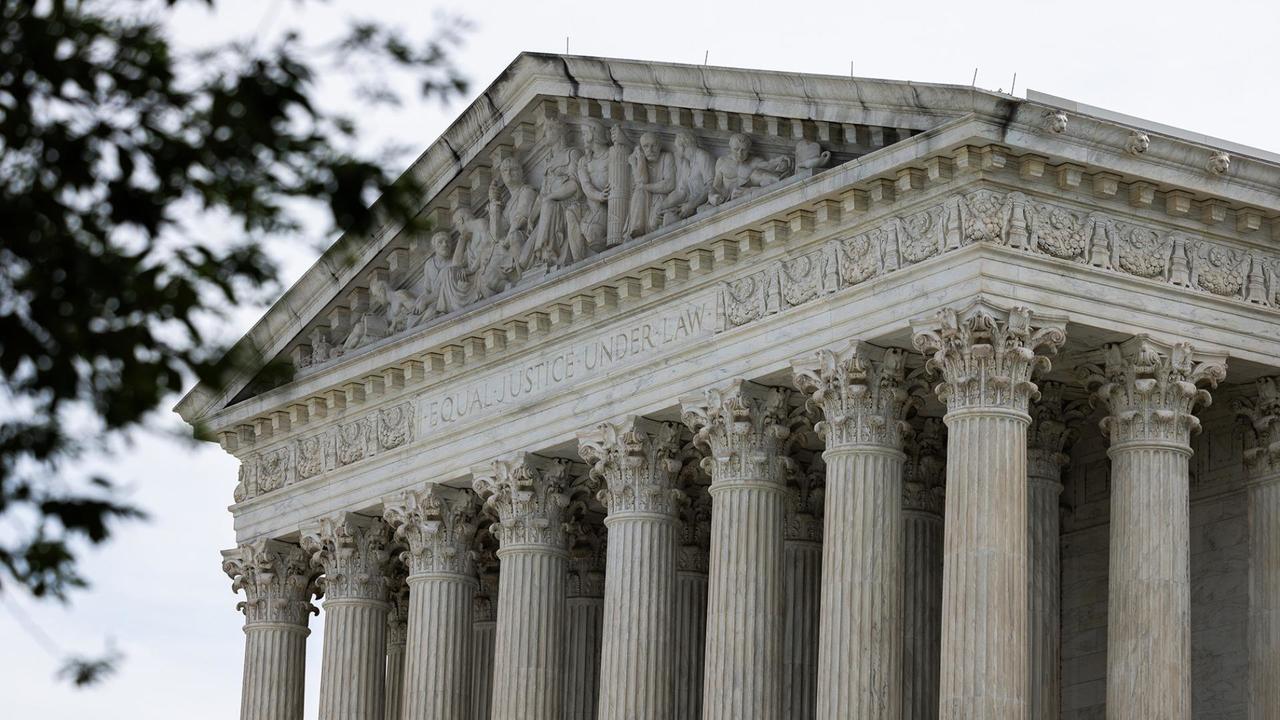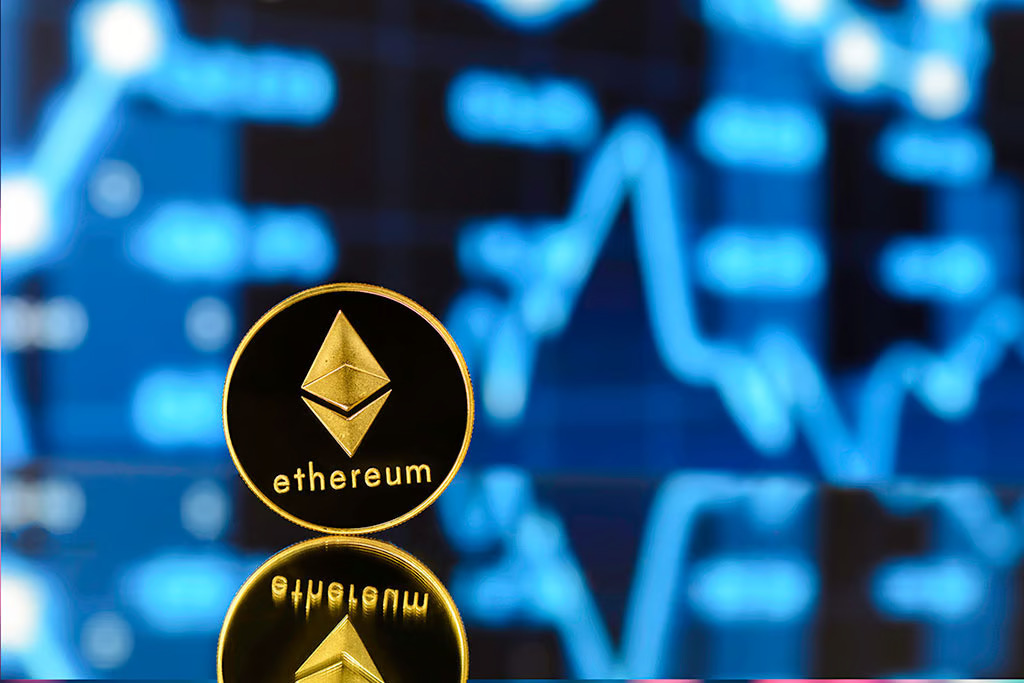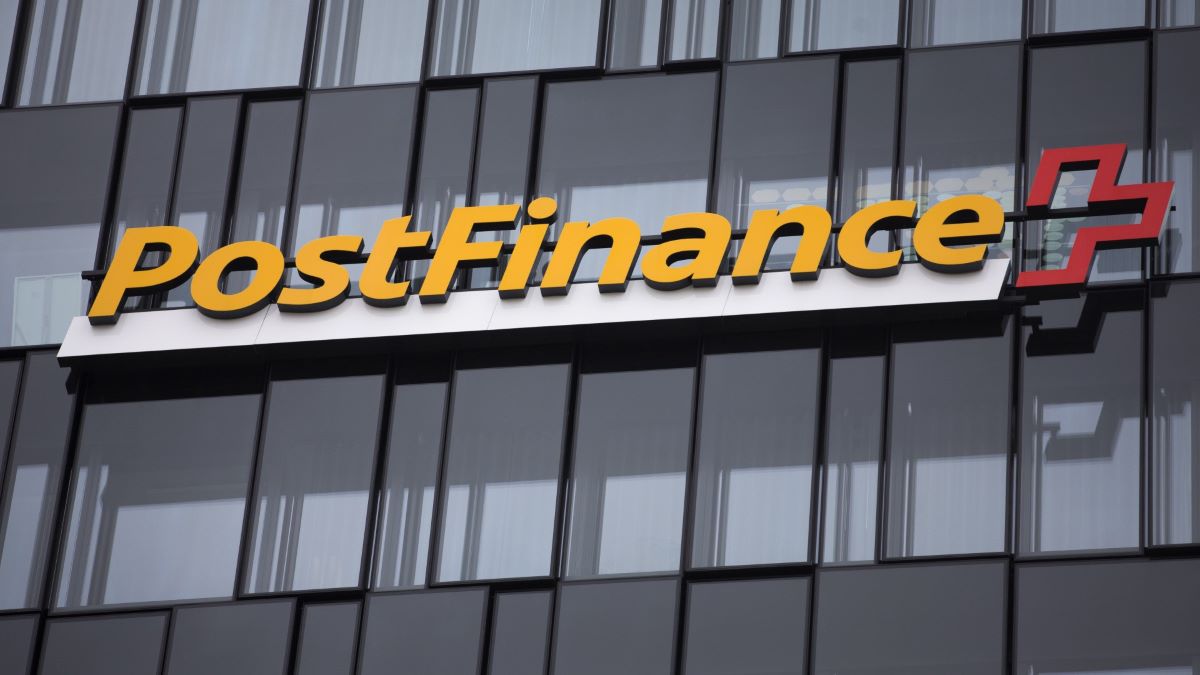News U.K. recently concluded its application process for the head of the consent role, marking a significant step in response to evolving data privacy regulations and industry standards. The role itself is pivotal, tasked not merely with ticking compliance boxes but with shaping a proactive and forward-thinking consent strategy across the publisher’s brands.
The responsibilities of News U.K.’s head of consent are extensive and interdisciplinary. They are expected to collaborate closely with various departments including data protection, product development, ad tech, and commercial teams.
The goal is to establish robust compliance processes and utilize technology effectively for managing user consent—a critical aspect amidst tightening data privacy laws and heightened consumer awareness.

This role underscores a broader trend where publishers are grappling with the dual challenges of regulatory compliance and commercial imperatives. Balancing legal and ethical data practices with business objectives has become increasingly complex, necessitating specialized roles like head of consent to navigate these intricacies.
The emergence of AI further complicates this landscape, posing new challenges and opportunities in data privacy management. Publishers are now compelled to proactively address these issues rather than reactively responding—a strategic shift highlighted by the creation of roles such as head of consent.
Matthew Rance at Immediate Media serves as a parallel example, having pioneered a similar role focused on commercial data and analytics. His approach aligns closely with the goals News U.K. seeks to achieve, integrating consent management beyond mere compliance into a foundational aspect of business strategy.
At its core, the role of head of consent aims to empower users with transparency and control over their personal data—an approach that not only ensures regulatory compliance but also builds trust and enhances user experience.
While News U.K. has taken a pioneering step, the broader industry response remains varied. Some publishers may not yet see the immediate need for such a role, while others may struggle with resource constraints or competing priorities. However, the growing demand from advertisers for transparent data practices suggests that roles like the head of consent could become more commonplace in the future.
The trajectory of roles like the head of consent reflects a shift in how publishers view privacy—from a compliance burden to a potential competitive advantage. CEOs and industry leaders must embrace this shift, prioritizing privacy as a cornerstone of their organizational strategy to navigate future challenges effectively.
By doing so, they not only mitigate risks but also unlock opportunities for sustainable growth and consumer trust in an increasingly data-driven world.





